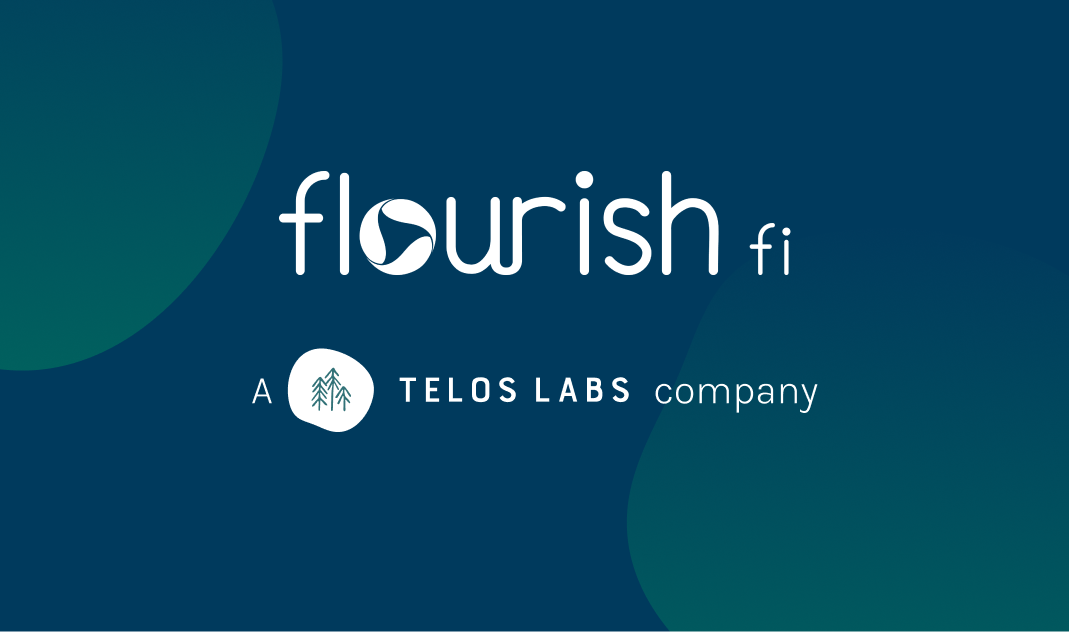In software projects, “yes” feels like progress.
Yes, we can do that. Yes, we’ll figure it out. Yes, consider it done.
The problem? A “yes” without a scope, timeline, or accountability isn’t a promise, it’s a delay in disguise. And in complex builds, delays multiply fast.
The Seduction of Agreement
When a client asks for something, agreeing immediately feels good for both sides. The client leaves the meeting reassured. The developer feels helpful and accommodating. In those early days, optimism is high and the path forward feels wide open.
But without clarity on how and when it will be delivered, that yes becomes a ticking time bomb. Expectations rise. Deadlines blur. Trust starts to erode. Before long, meetings shift from “what’s next?” to “where is that thing you promised?”
We’ve seen projects spiral because the early days were filled with unqualified yeses that were never backed by estimates, milestones, or ownership. Everyone assumed things were under control, until they weren’t.
Why This Happens
In our experience, the habit of overpromising comes from three places:
- Avoiding friction. It feels easier to agree now and figure it out later.
- Misjudging effort. Developers underestimate the complexity of a request or the ripple effects of a small change.
- No delivery framework. Without a process for setting scope and deadlines, “yes” becomes the default.
The tricky part? All three are fueled by good intentions. No one sets out to fail a client. But intentions don’t ship features.
What Reliability Really Looks Like
A reliable development partner isn’t the one who says yes the fastest, it’s the one who:
- Clarifies scope before committing. They define exactly what’s being delivered and what’s out of scope.
- Sets real timelines. Even if they’re longer than the client hoped, they’re grounded in reality.
- Pushes back when needed. Because protecting the project matters more than pleasing in the moment.
- Surfaces risks early. They flag potential blockers before they become emergencies.
This approach might feel slower at the start, but it pays off when deadlines are met, deliverables match the promise, and no one’s scrambling to plug holes in the final weeks.
The Cost of the Wrong Yes
We’ve seen situations where a dev said yes to every request, never set deadlines, and rarely followed through. The first few delays were excused as “part of the process.” But over time, the client’s trust evaporated, not because of missed technical ability, but because of missed accountability.
By the time the relationship ended, months of work and thousands of dollars had been wasted. Worse, the client had to start over, now under pressure to hit deadlines that were already missed.
The Telos Approach
At Telos, we believe the most dangerous word in software is “yes”, unless it’s backed by a clear scope, a real timeline, and shared milestones. Our process is built around honest conversations, realistic estimates, and the discipline to follow through.
We’d rather earn your trust by delivering what we promised than by making promises we can’t keep. That’s why we invest in up-front planning, keep communication lines open, and track progress against agreed milestones.
In the long run, reliable delivery beats easy agreement every time. And the best way to get to the right “yes” is to start with a thoughtful “let’s talk about how.”












